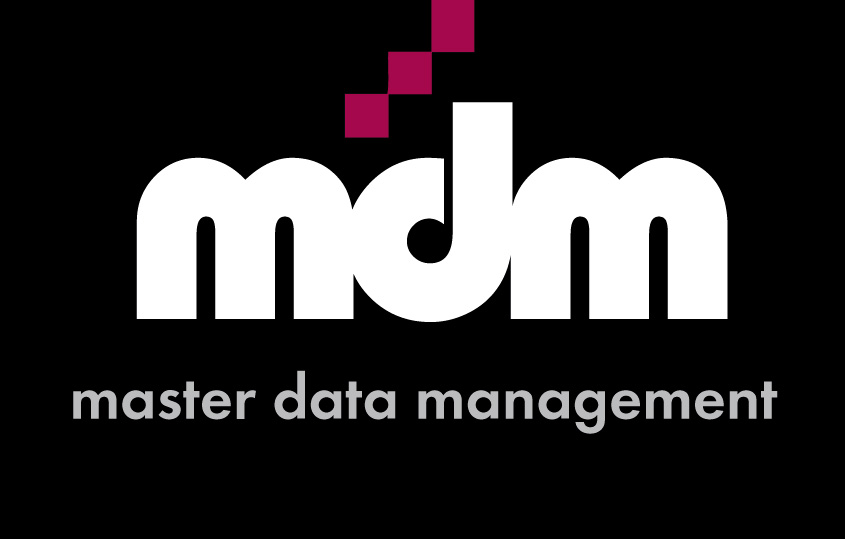
As the year winds down I thought it would be interesting to have a look at the data around one of the stand-out events of this year.
A dead whale that washed ashore in eastern Indonesia was found to have over 1000 pieces of plastic in its stomach – and drew global attention to the scourge of plastic pollution in our waterways.
A great resource to understand the impact of plastics on our world is ourworldindata.org/plastic-pollution
- South Africans use between 30kg and 50kg of plastic per person per year – much of which ends up in the marine environment
- Oceans smothered by plastic – and it’s growing by 8 million tons per year
- How much plastic is in our ocean?
Digital technologies and big data analytics are at the forefront of the fight against plastic pollution
- Internet and social media awareness campaigns such as #BeatPlasticPollution
- Satellite observation combined with analytics help to focus clean up on the right areas
- Big data and machine learning are be used in creative new ways to support conservation
- Visualisations help to explain the problem – see the presentation below
- Initiatives such as The Plastic Bank offer blockchain rewards for recycling
- the South African government has announced various steps to combat plastics pollution
What can you do to reduce plastic waste?
Of course, the best way to reduce plastic waste is not to use plastic unnecessarily, and to recycle what is used.
Your business use, or abuse, of plastic can have a brand impact – positive or negative!
What are you and your business doing to reduce plastic use and waste?
https://slides.ourworldindata.org/plastic-pollution/#/title-slide

Leave a comment